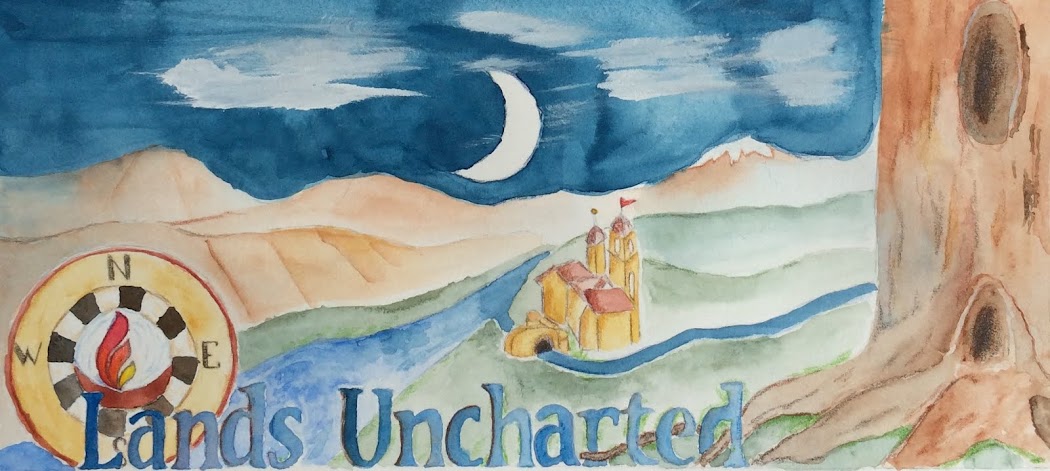Historically, writers used only pen and paper, but I’m quite thankful to live in a time where we have word processors and all sorts of tools developed for writers. Choices abound, but I’d like to share a few of my favorites—and I hope you’ll share yours!
- Scrivener. Hands down, this is my favorite writing software. It’s perfect for writers of speculative fiction, because the folders allow for easy access to research, world-building, and character information right alongside your developing story, so it’s easy to reference the little details that might otherwise get lost in the shuffle. Notecards allow for quick restructuring of plot, snapshots give you easy options for drafting, and there are far more additional features than I could even begin to cover here. I’ve only used the Mac version, but a Windows option also exists, so you’re covered no matter what sort of computer you have.
Alternative: Dabble. - Dropbox. It’s hard to overstate the importance of backing up your work. I have Scrivener set to autosave to Dropbox, and I’d highly recommend that whatever writing software you use, you keep a backup in the cloud. Of course, it doesn’t hurt to have additional backups elsewhere, like an external hard drive or even a copy you email to yourself.
Alternative: Google Drive. - Word. I don’t use Word for writing, but I do use it to send my manuscript to critique partners or beta readers—and I know many prefer to avoid more complicated software and do their drafting in Word as well.
Alternative: Google Docs. - YouTube Music. By no means is this essential, but I love to have inspiring instrumental music while writing. Streaming options like YouTube Music (formerly Google Music) allow access to a huge selection, which I really appreciate.
Alternatives: Apple Music, Amazon Music, or Spotify. - Aeon Timeline. Again, this isn’t essential (technically, none of this list is), but if you’re dealing with genres like epic fantasy, then timeline software can be helpful. But even stories that don’t refer to events over multiple decades or centuries can benefit from a nicely laid out timeline, if for nothing else than to help you keep it all organized.
Alternative: Timeline. - Scapple. This is something I’ve only used on occasion, as I don’t tend to brainstorm this way, but if you love mind-mapping, you should definitely check out Scapple.
Alternative: Gitmind.
All of these are tools I’ve used at one point or another, and some of them are vital to my workflow. I’d love to hear from you. Do you use any of these tools? Or do you have any other favorites to share?


No comments:
Post a Comment
Please note that your comment hasn't gone through unless you see the notice: "Your comment will be visible after approval." We apologize for any difficulties posting comments or delays in moderation.